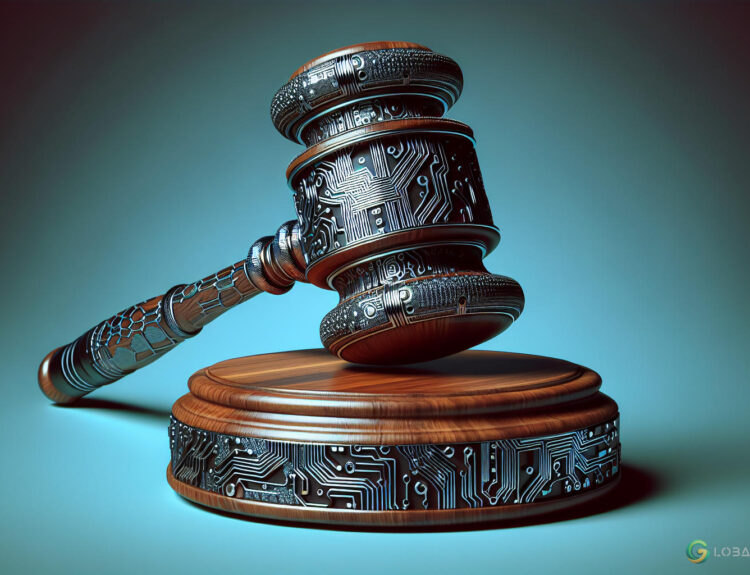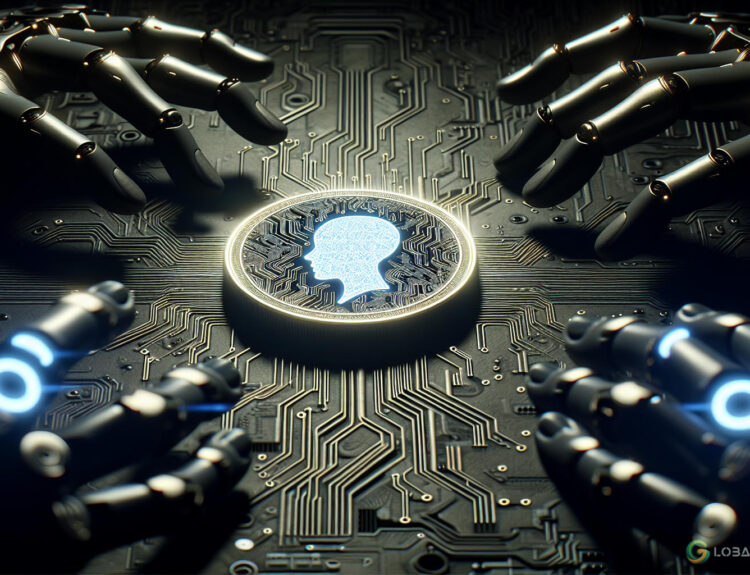Vitalik Buterin, co-founder of Ethereum, believes that artificial intelligence (AI) should be seen as a complementary tool rather than a competitor to humanity. Speaking at ETHPrague on May 28, Buterin shared his vision of how AI could integrate with human decision-making and governance to advance society.
The Role of AI in Human Evolution
During a fireside chat with Tim Berners-Lee, the founder of the World Wide Web, Buterin expressed optimism about the synergy between humans and AI. He emphasized that the relationship between the two should not be framed as “AI versus human,” but rather as “AI plus human.” This perspective highlights the potential for collaboration rather than competition.
“I think we’re going into this interesting mode where it is not necessarily AI versus human, but AI plus human,” said Vitalik Buterin.
To illustrate his point, Buterin referenced historical moments in technology, such as the 1996 chess match between IBM’s Deep Blue and Russian grandmaster Garry Kasparov, where the machine ultimately triumphed. He noted that while AI can outperform humans in certain tasks, this dynamic may evolve over time.
Where AI Excels
Buterin acknowledged that AI has strengths in areas like summarizing human preferences, predicting behavior, and analyzing vast amounts of data to approximate outcomes. These capabilities make AI a powerful tool in decision-making and problem-solving.
However, he cautioned against allowing a single AI model to dominate the space. Instead, he advocated for a balanced approach that ensures diverse models and intelligent usage of the technology.
“I believe in AI being the player in the game. Let AI be in the game, but it’s something that is absolutely worth approaching and using intelligently,” said Buterin.
AI’s Role in Governance
Looking ahead, Buterin suggested that AI could play a significant role in governance. Both individual and collective decision-making processes are likely to integrate AI components over time. This integration could enhance efficiency and help address complex challenges in governance frameworks.
Advancements in Digital Privacy
Beyond AI, Buterin highlighted the importance of advancements in digital privacy. He pointed to the growing adoption of encrypted messaging technologies and zero-knowledge proofs, which are increasingly becoming standard features in communication platforms. These innovations are critical for safeguarding privacy in the digital age.
However, Buterin also acknowledged that these advancements bring new challenges. He emphasized the importance of balancing technological progress with evolving legal and social norms to ensure responsible use of these tools.
“The interplay between technological developments and the legal norms and social norms are super important,” Buterin concluded.
As AI and other technologies continue to evolve, Buterin’s insights underscore the need for thoughtful integration and responsible usage. By leveraging AI as a complementary tool, humanity can unlock new opportunities while addressing the challenges that come with innovation.























